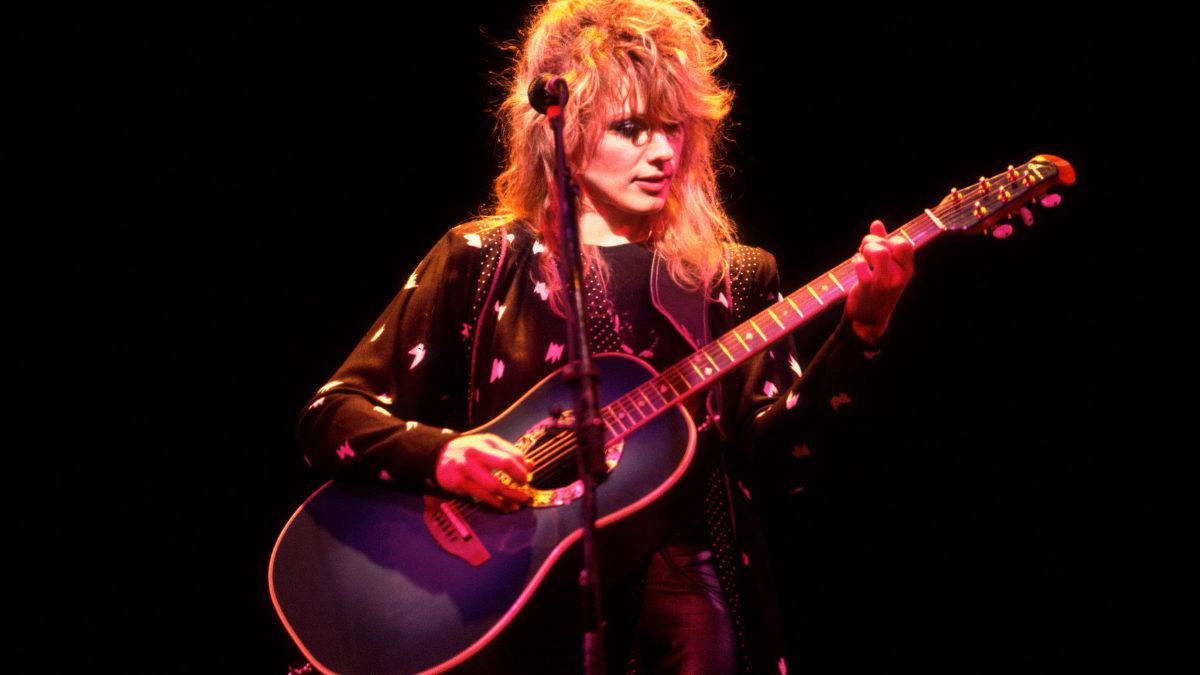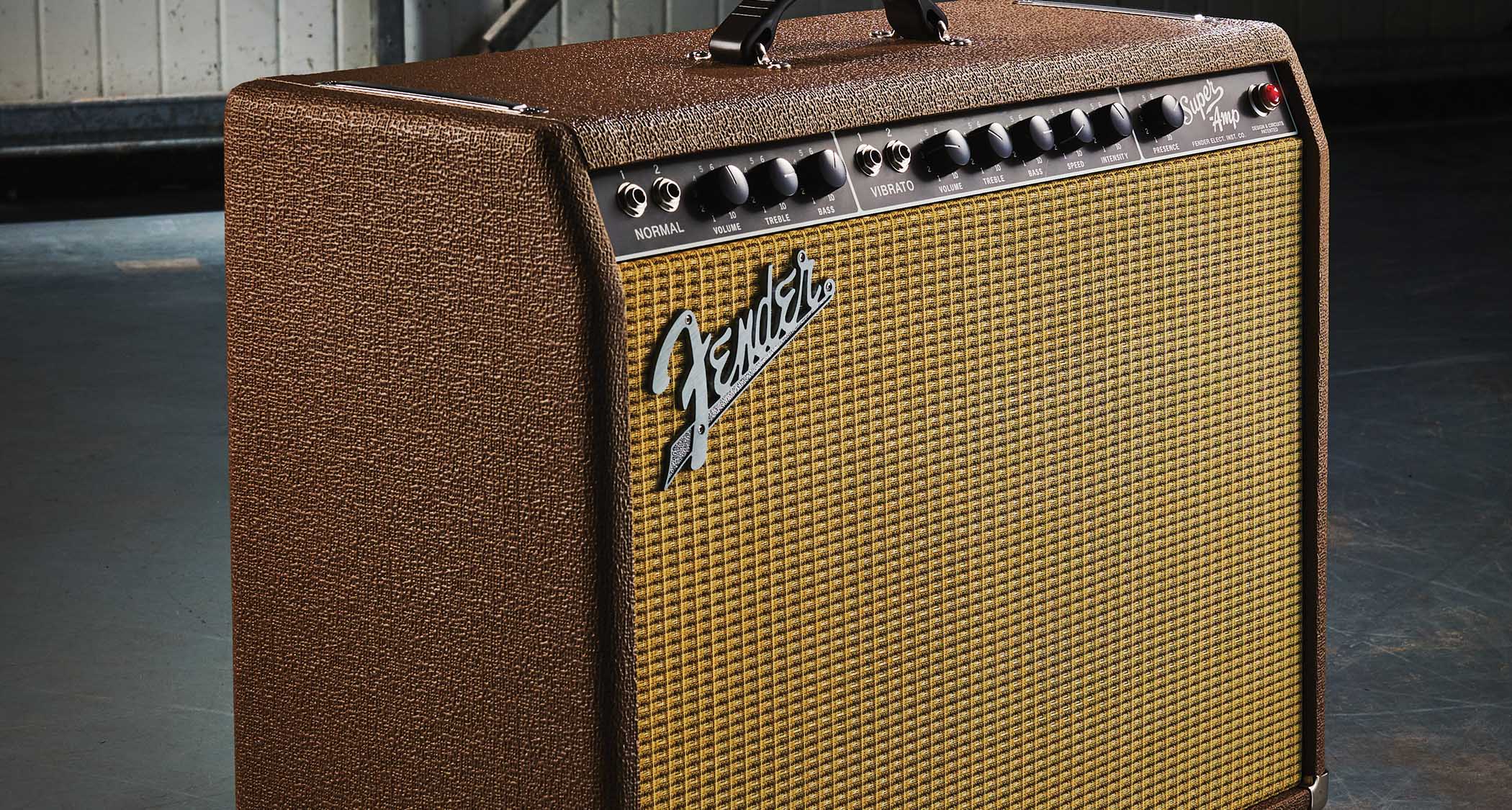“My first love was always acoustic guitar. That was the element that I brought, the idea of embracing electric and acoustic sounds”: Nancy Wilson says she felt pressured to ditch the acoustics as Heart went for the mainstream in 1985
The band’s self-titled eighth record saw them evolving into a mainstream superpower, but Wilson would clash with producer Ron Nevison over the use of acoustic guitars

All the latest guitar news, interviews, lessons, reviews, deals and more, direct to your inbox!
You are now subscribed
Your newsletter sign-up was successful
After seven albums, Nancy Wilson and Heart knew they needed a significant reset. Their first album for Capitol Records, 1985’s self-titled effort which went on to sell five million copies, saw the band embracing the label’s wishes, working with outside songwriters, and furthering their transition into a mainstream rock act. But one request was off the menu, and it saw Wilson clash with producer Ron Nevison.
Passionworks, which arrived two years earlier and marked the end of the Epic Records era, hinted of a transition the band would put into overdrive under Capitol's rule. But, by the mid-’80s, Nevison recognized that the band's employment of acoustic guitars – a clear tie to their folky origins – were old hat and would struggle to resonate with contemporary audiences. Wilson, though, was unmoving.
“I felt a little pressurized, as my first love was always acoustic guitar,” she says in the June issue of Guitar World. “That was the element that I brought when I joined Ann's band, the idea of embracing electric and acoustic sounds, much like Led Zeppelin.

“I guess the acoustic guitar was a little out of step with the digital ’80s,” she accepts. “On the live stage, it didn't really matter, as so many of our big songs did require me to play acoustic.”
In the quest for harmony, a middle ground was struck. Songs like the raucous, glam rock–tinted opener If Looks Could Kill (co-written by Jack Conrad and Bob Garrett) were balanced by more classic Wilson-esque compositions like What He Don’t Know, where acoustic guitars are a prominent part of the ornamentation. The instrument’s presence on their eighth album may have been somewhat diminished, but it remained an important ingredient.
In retrospect, Wilson says she is glad the band made the trade-offs they did. 1985's Heart was a huge success and it provided a much-needed shot in the arm.
“I think we'd reached the end of the average lifespan for most rock bands by that point,” she admits. “We decided that if we wanted to survive, we probably needed to find a new manager and record company and have some kind of major reset. If we wanted to fit in with the whole new MTV era, we had to adapt to survive.
All the latest guitar news, interviews, lessons, reviews, deals and more, direct to your inbox!
“[Heart] revitalized the band. It took us up to a whole other level of global success, so there's nothing I regret about what we did or where we compromised, she develops.”
And while the band embraced elements of ’80s music trends, she confesses she found that “grunge was a much-needed break from the corporate ’80s sound.”
Wilson, meanwhile, has named her favorite new guitarist, a young hotshot who’s winning legions of fans.
A freelance writer with a penchant for music that gets weird, Phil is a regular contributor to Prog, Guitar World, and Total Guitar magazines and is especially keen on shining a light on unknown artists. Outside of the journalism realm, you can find him writing angular riffs in progressive metal band, Prognosis, in which he slings an 8-string Strandberg Boden Original, churning that low string through a variety of tunings. He's also a published author and is currently penning his debut novel which chucks fantasy, mythology and humanity into a great big melting pot.
You must confirm your public display name before commenting
Please logout and then login again, you will then be prompted to enter your display name.


